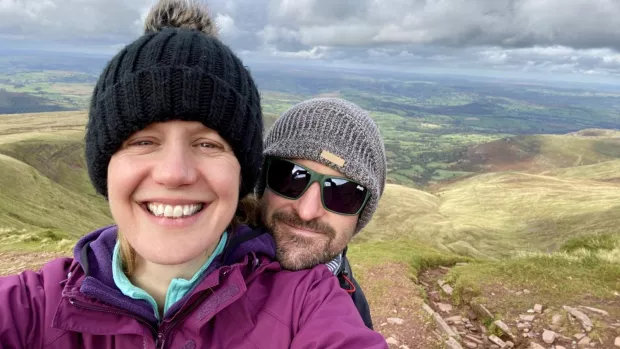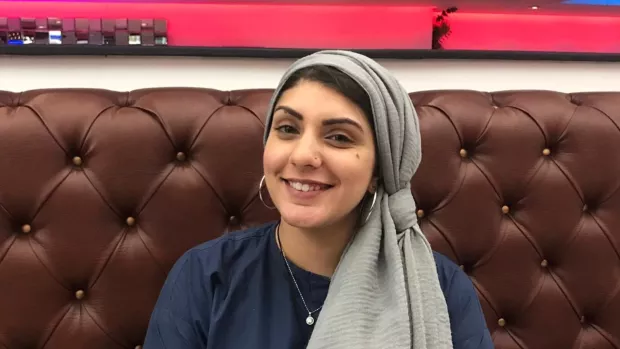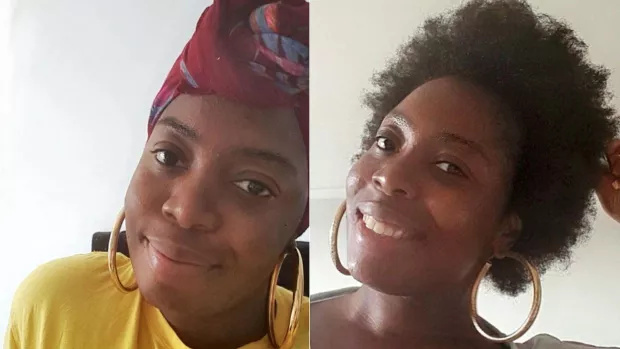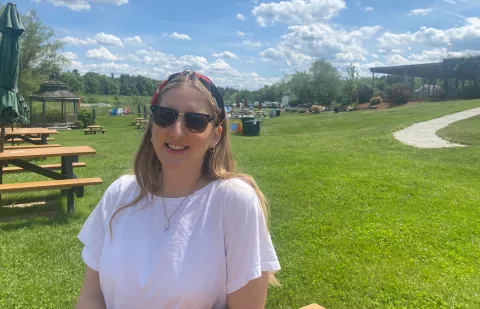
Being diagnosed with MS in your twenties
I was doing my masters degree when one night after one too many G&Ts I woke up with blurry vision in one eye.
I laughed it off as a particularly bad hangover and swore, as many students do on a Sunday morning, to never drink again. A few days later I mentioned to my parents in passing that my left eye still felt weird and they quite rightly told me to get it checked out.
Inflammation in my optic nerve?
I went to an optician first and was referred to a doctor in my local hospital who explained it could be an inflammation in my optic nerve. The process from then on was very slow, although I was fortunate to be able to be able to see a private consultant neurologist for the next series of diagnostic tests including a lumbar puncture.
Pretending to be okay
Over the next six months I had to postpone finishing my degree, watch my friends graduate without me and start a new job. All while attending regular doctor’s appointments.
In hindsight I was not in a great place emotionally and was putting on a brave face. I fell into the British stereotype of saying I was ‘very well thank you’ to everyone who asked how I was, even when I didn’t mean it.
Diagnosis helped me move on
After my diagnosis it took me a while to feel confident enough to tell my friends, internalise the information, and empower myself through it.
I began to embrace it as a positive conclusion after a period of uncertainty, which would help me understand how to manage my condition and live life to the fullest.
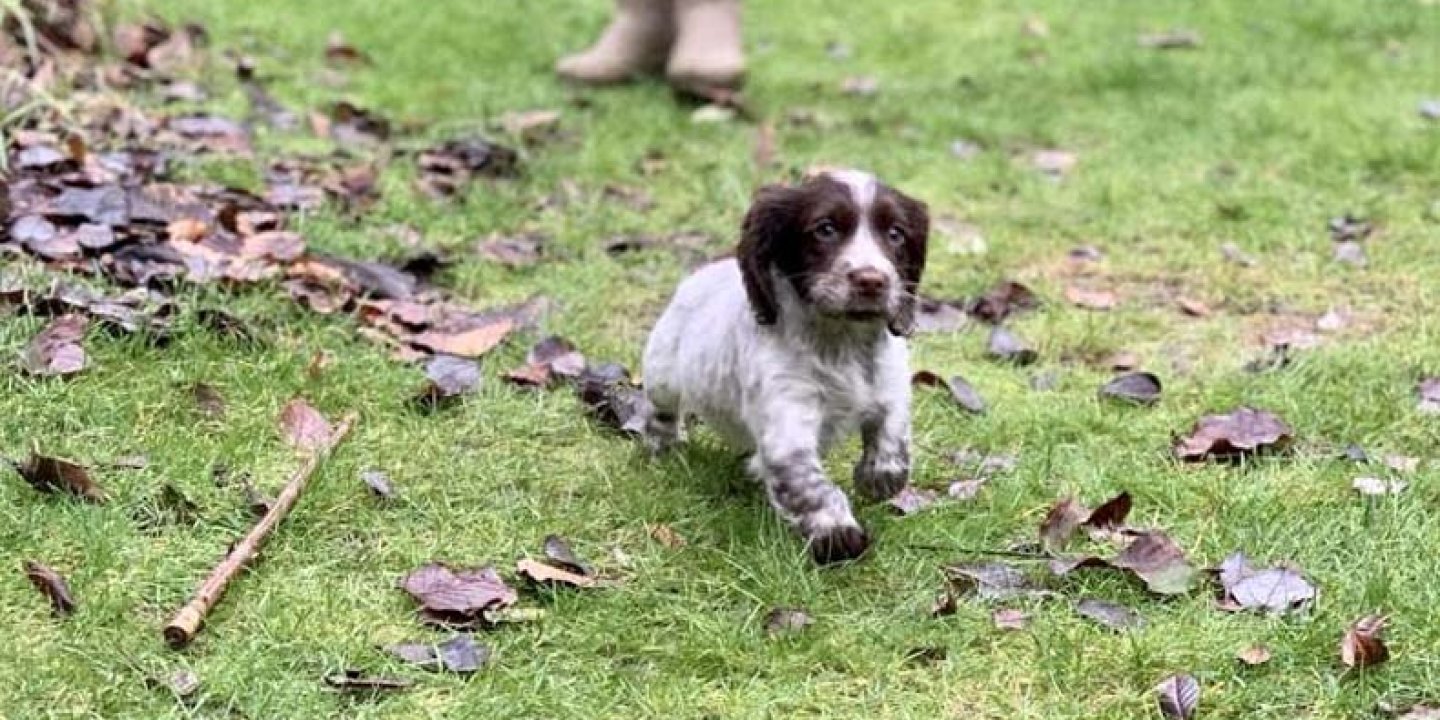
Finding the right support helped me feel less alone
It was a few years before I met anyone else with MS and found a support network specifically for young people. I reached a point where I felt comfortable with it and started reaching out to the community and met some amazing people.
Although it sounds ridiculous now, as I know one in five people are diagnosed under the age of 30, I sometimes felt like I was the only one.
Five years on, I am living a full and happy life living in London with my partner and a very excitable puppy. I have learnt to be a more resilient, empathetic and open person and am grateful that this condition has also changed me for the better.

